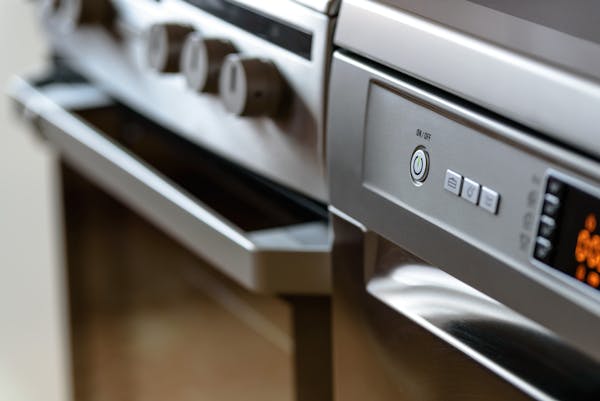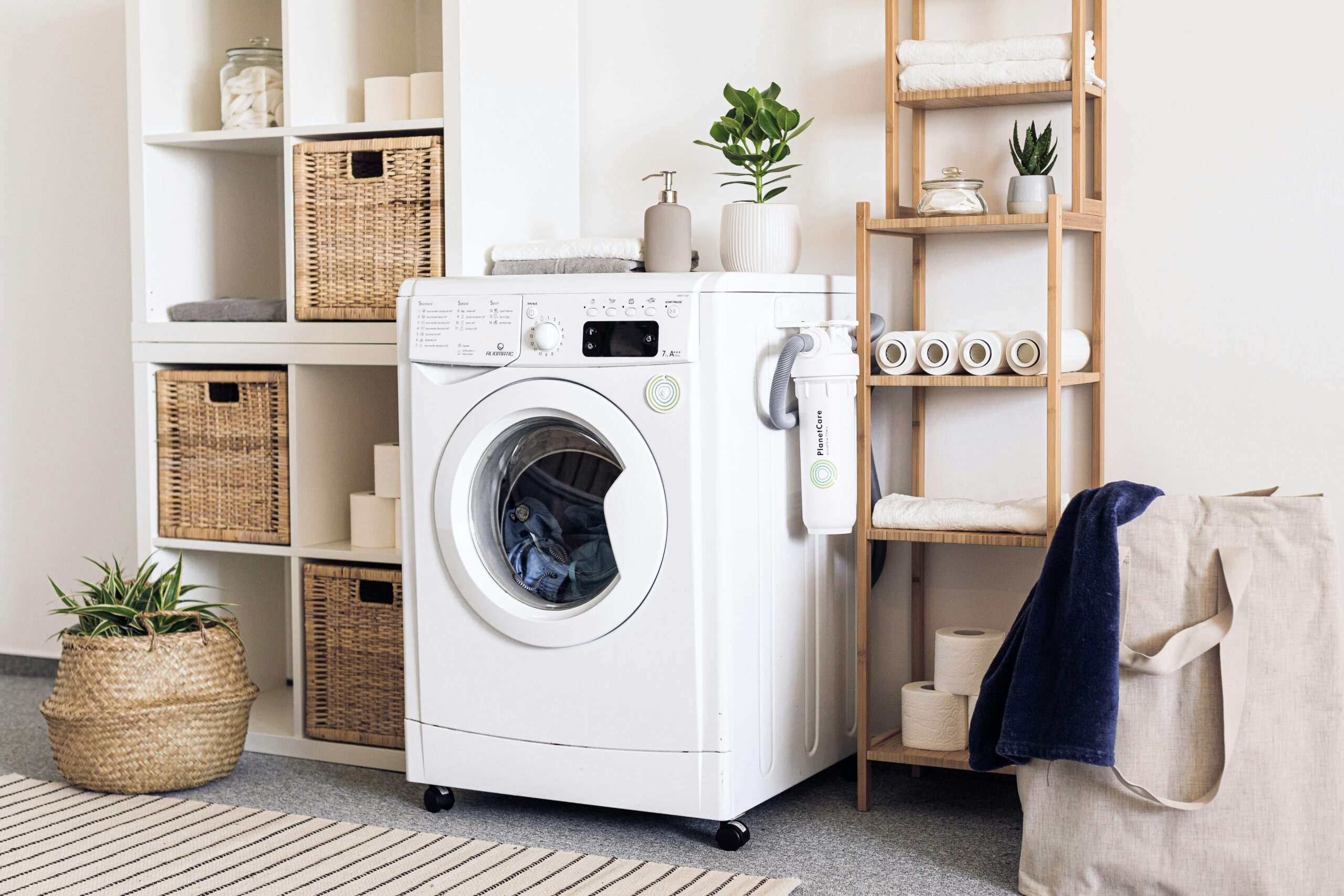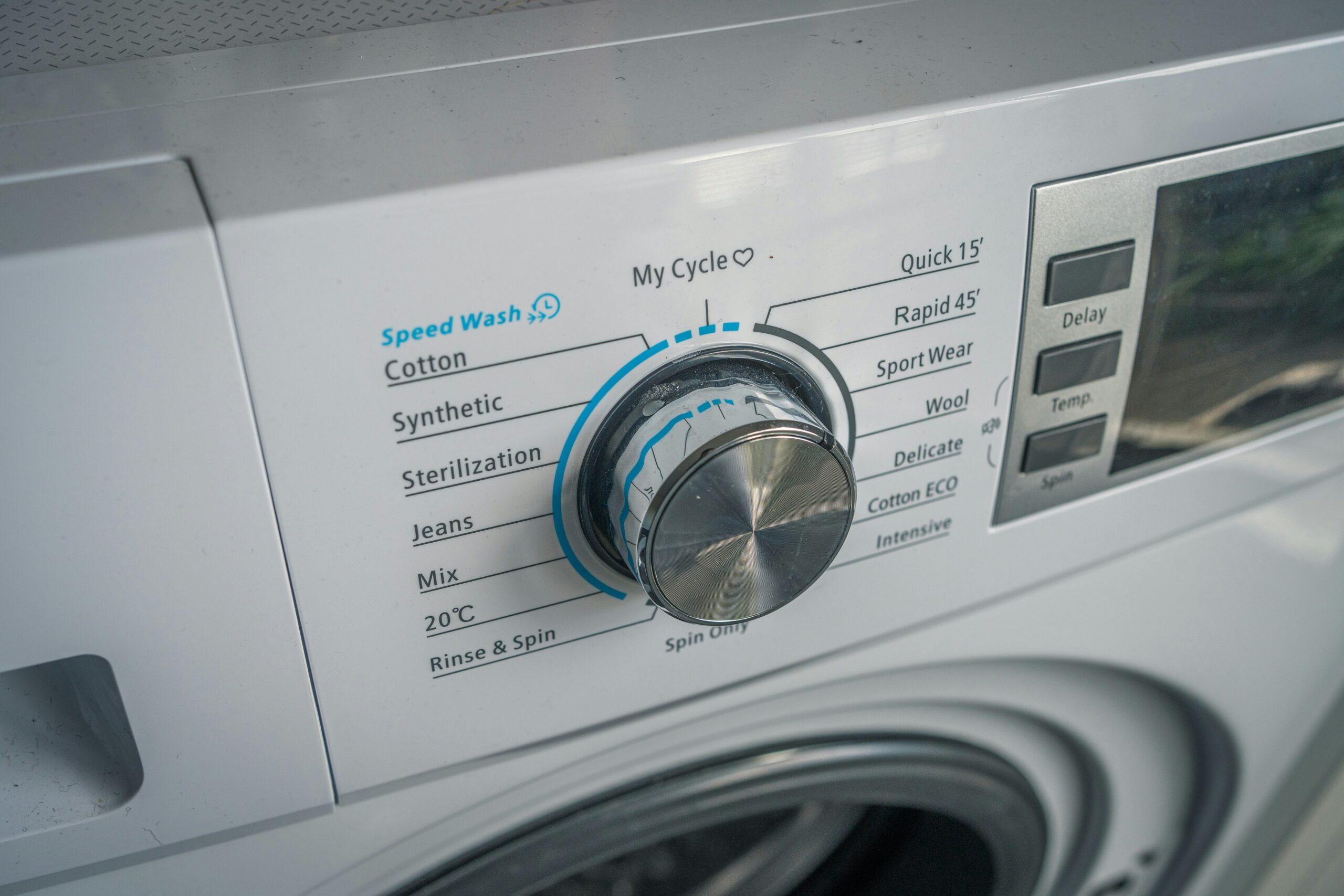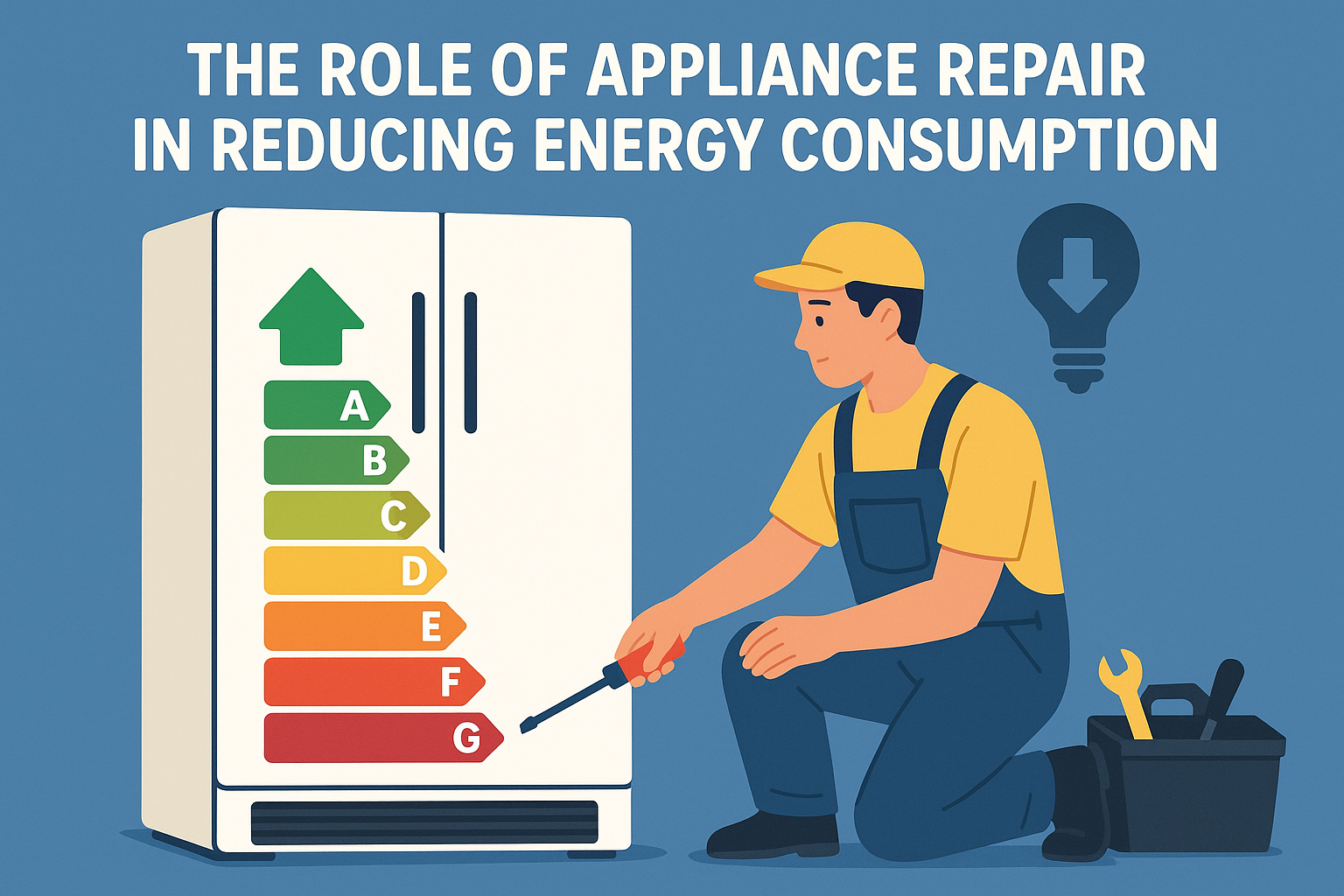When you finish having your dinner, and go back into the kitchen, just to see the Eiffel Tower in your kitchen sink. In that plate and cutlery architecture, you see a yellow plastic container that just protected last night’s leftovers. One not-so-simple question comes to your mind – “can I put this plastic container in the dishwasher?”
Did you think that we heard your thoughts? Well, not really because a lot of us have the same question. There are a lot of things to talk about- from finding out about the dishwasher-safe symbol to knowing how to avoid dishwasher repairs because there is melted plastic in your dishwasher.
The Safe Symbol
Before we dive deeper into details, let’s talk about one tiny symbol that you find at the bottom of most plastic containers. This is called a ‘dishwasher-safe symbol’ that would look like a box with water droplets or will have wavy lines inside it. If your plastic container has this, then you don’t have to worry about anything- most of the time.
But here is the twist, not all plastics with this dishwasher-safe symbol are made out of the same plastic. So, you cannot just keep your plastics anywhere in the dishwasher. It is better to keep them on the top rack because the bottom of the dishwasher can get too hot for plastics.
It’s better to be careful than have a heartbreak over your ruined containers!
Related: Do Dryer Balls Actually Work? Effective Laundry Solution
Know Your Plastics!
Not all plastics are dishwasher-friendly. Here is a lesson on plastics- not every container is made up of the same plastic. So, how to figure it all out? Simply flip your container over and you will notice a tiny triangle with a number in the center. That is called the resin identification code- your cheat sheet to know what is safe and what is not!
Safe Plastics:
- Polypropylene (#5): This plastic is tough, safe for dishwasher use and usually used to make food containers. The meal-prep boxes made out of this are the best.
- Polyethylene (HDPE, #2): It is mostly used to make water bottles (and pipes, because of its high density). They are tagged to be safe in the dishwasher because they are resistant to heat.
Plastics You Should Avoid:
- Polycarbonate (#7): These plastics are mostly used in water bottles and baby products. They also might contain BPA. Sometimes the plastics tagged as dishwasher safe still don’t do so well under heat because they release harmful chemicals.
- Polystyrene (#6): Disposable plates and cups are made from this plastic and are simply not meant for dishwashers or multiple uses.
How To Wash It?
Washing plastics in the dishwasher is sometimes dangerous. Be a little more careful with where to put them in the dishwasher, what mode to switch, and what not to. So that your plastics come back up as they go in.
- The Sacred Top Rack: The top rack, always remember plastics = top rack. Why? Because the dishwasher gets heated up during the cycle and this heat can melt your plastics.
- No Heated Dry Cycle: Most dishwashers use a heated drying option. That’s a big no-no when you are washing plastics. Always choose to air-dry them.
- Rinse That Stuck Food: Sometimes the food can get stuck in the container. It is better to rinse your plastic before you put it in the dishwasher. It is actually very important because the stuck food can be baked into your plastic container during the dishwasher cycle.
- Don’t Overload: Overloading your dishwasher in any way is not good. It is the same with plastics. Plastics are light and then can fly around during the wash cycle if you are not careful.
Related: Where to Store Food for Optimal Freshness? Fridge Storage Tips
The Big No-No
Plastics can be put in the dishwasher, yes. But does that include all plastics? No! We have a small list of plastics that should never meet your dishwasher.
- Single-use plastics can release toxins if you heat them.
- Cracked or damaged plastics.
- Large plastic items like mixing bowls or large lids.
Conclusion
So, can you put plastic in the dishwasher? Well, it is not so much of a direct answer. But we have a short answer to it: it depends. Whenever you come up with this question, just look for a dishwasher-safe symbol, and smartly wash it. Once you know the basics of how to wash your plastics, do know which plastics you should avoid. This will save you from kitchen disasters and expensive dishwasher repair. But if something goes wrong, Tech Angels offers dishwasher repair services in Vancouver, BC. If you are confused about the whole process, then we suggest you do a simple handwash. We are sure your plastic containers and your dishwasher will thank you.
Related: Dryer making loud noise? 7 common causes and easy fixes






